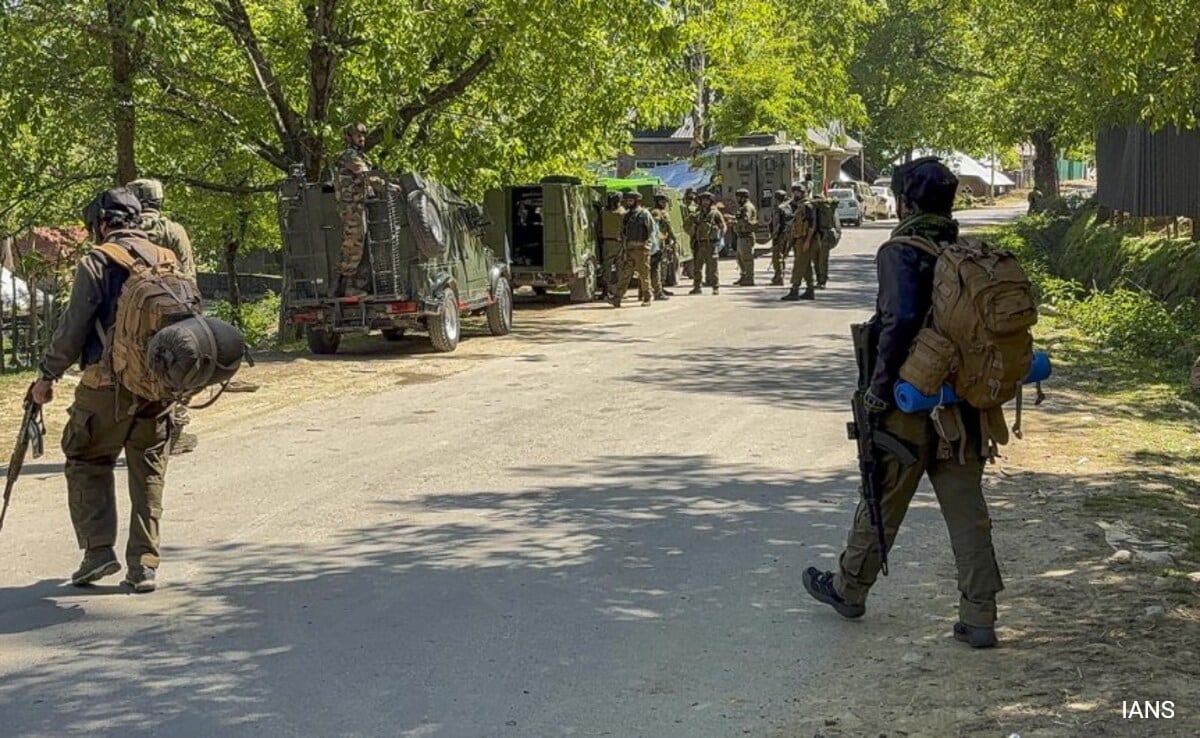New Delhi: The recent period of intense confrontation with India, triggered by a terrorist attack in Jammu and Kashmir, has inflicted considerable losses on Pakistan across military and demographic spheres, while also leading to severe diplomatic and economic repercussions. India’s firm response, including targeted military action and a series of stringent diplomatic measures, underscores a clear message against state-sponsored terrorism.Pakistan has reportedly sustained both military and civilian casualties during the escalation. While precise figures remain contested and subject to verification, India has highlighted the impact of its actions on Pakistan’s military infrastructure. Pakistan, on its part, has reported casualties among its forces and civilians due to Indian shelling. Now that the ceasefire is in force from May 10, 5:00 PM onwards as per the agreement of both the countries let us understand the chronology of key events of the escalation.
Chronology of Key Events and Pakistan’s Losses:
April 22, 2025: A terrorist attack in Pahalgam, Jammu and Kashmir, results in the death of 26 civilians, including tourists. India attributes the attack to Pakistan-backed terrorist groups, setting off the latest cycle of escalation. Within a hour or so of the attack
April 23, 2025: India announces the suspension of the Indus Waters Treaty. This significant diplomatic measure, aimed at exerting pressure on Pakistan, puts the decades-old water-sharing agreement in abeyance.
Following April 23, 2025: India implements a series of stringent diplomatic measures:
Downgrading of diplomatic ties, including the recall of Indian diplomats from Islamabad and the expulsion of senior Pakistani diplomats from New Delhi.
Declaration of Pakistani military diplomats as persona non grata. Revocation of existing visas for Pakistani nationals, including those under the SAARC Visa Exemption Scheme.Indefinite closure of the integrated check post at the Wagah-Attari border, halting cross-border movement and trade.Closure of Indian airspace for Pakistani airlines.Suspension of all maritime shipping routes and logistics operations between the two countries.
Cessation of postal services. Initiation of a crackdown on Pakistani-origin digital and broadcast content.Briefings for members of the United Nations Security Council (excluding China and Pakistan) to build international consensus against Pakistan’s alleged support for terrorism.
April 24, 2025: Pakistan announces the suspension of the 1972 Shimla Agreement. Pakistan stated this decision was a retaliation for India’s suspension of the Indus Waters Treaty and other measures. The Shimla Agreement, a foundational agreement for bilateral relations, committed both countries to resolve issues peacefully and bilaterally. Its suspension by Pakistan is seen by analysts as a move that could undermine the sanctity of the Line of Control and potentially weaken Pakistan’s diplomatic standing by moving away from a bilateral framework. Pakistan also announced the cancellation of trade with India and the closure of the Wagah border at this time, though India notes that bilateral trade was already minimal.
May 6-7, 2025: India conducts ‘Operation Sindoor,’ a tri-service military operation involving precision strikes against terrorist infrastructure in Pakistan and Pakistan-occupied Jammu and Kashmir (PoJK). Conducted on the intervening night, specifically from 01:05 to 01:30 AM IST on May 7, this operation targeted nine sites linked to groups like The Resistance Front, (TRF), JeM, LeT, and Hizbul Mujahideen. India reported the destruction of these terror camps, including locations in Bahawalpur and Muridke, and claimed the elimination of over 100 terrorists, including high-profile figures. Satellite imagery reportedly corroborated damage to some targeted sites.
May 8-9, 2025: During this period, India claims to have conducted precision strikes that resulted in significant damage to Pakistan’s military infrastructure. According to sources in the Indian defence establishment, these strikes severely damaged 11 Pakistani airbases, including key operational bases like Nur Khan, Rafiqui, and Murid. India also reported hitting military targets and neutralizing air defence and radar systems. Pakistan, while admitting some casualties (claiming 5 PAF personnel and 4 soldiers killed), disputed the extent of the damage claimed by India and made counter-allegations of India targeting its military installations and civilian areas. Reports from Pakistan indicated civilian casualties, with figures varying between 17 and 33 killed and 12 to 58 wounded due to Indian shelling.
May 10, 2025: Reports circulate regarding an alleged Indian naval attack on Karachi Port. However, these claims were refuted by officials from the Karachi Port Trust, who stated that their social media account had been hacked and the information was false. The Indian government has not officially confirmed any attack on Karachi Port.It is important to note that while India claimed damage to military airbases, there were no confirmed reports from legitimate sources indicating that India deliberately targeted civilian airports in Pakistan.
May 10, 2025: A ceasefire between both the countries implemented at 5:00 PM mediated by United States of America under the terms and conditions negotiated by India that all deplomatic decisions taken by India will stay in force and this is an unconditional ceasefire no bilateral discussion or terms to be implemented.
The focus of India’s publicly acknowledged military actions was on terrorist infrastructure and military assets perceived as supporting such activities or posing a threat.
The trade cancellation initiated by Pakistan, while symbolically significant, has had a limited direct economic impact on India due to the already minimal bilateral trade volume. However, it has contributed to economic difficulties for Pakistan, particularly affecting certain sectors reliant on cross-border trade and potentially disrupting informal trade channels.
The suspension of the Indus Waters Treaty also poses potential long-term implications for Pakistan’s water security, although India has stated its actions are within the framework of the treaty in response to violations by Pakistan.
In conclusion, the recent confrontation has seen Pakistan incur losses in personnel and damage to military assets, alongside significant civilian casualties. Furthermore, India’s decisive diplomatic steps and Pakistan’s own decision to suspend key bilateral agreements like the Shimla Agreement have led to increased diplomatic and economic isolation for Pakistan. The situation remains dynamic, with India maintaining a firm stance against terrorism and asserting its right to respond to provocations



![SEBI enjoyable service provider banking norms could enhance their profitability Analysis] SEBI Board Meeting Highlights [Dec. 2024] – Stricter ...](https://news.unicaus.in/wp-content/uploads/2025/07/sebi-enjoyable-service-provider-banking-norms-could-enhance-their-profitability-400x352.jpg)





No Comment! Be the first one.